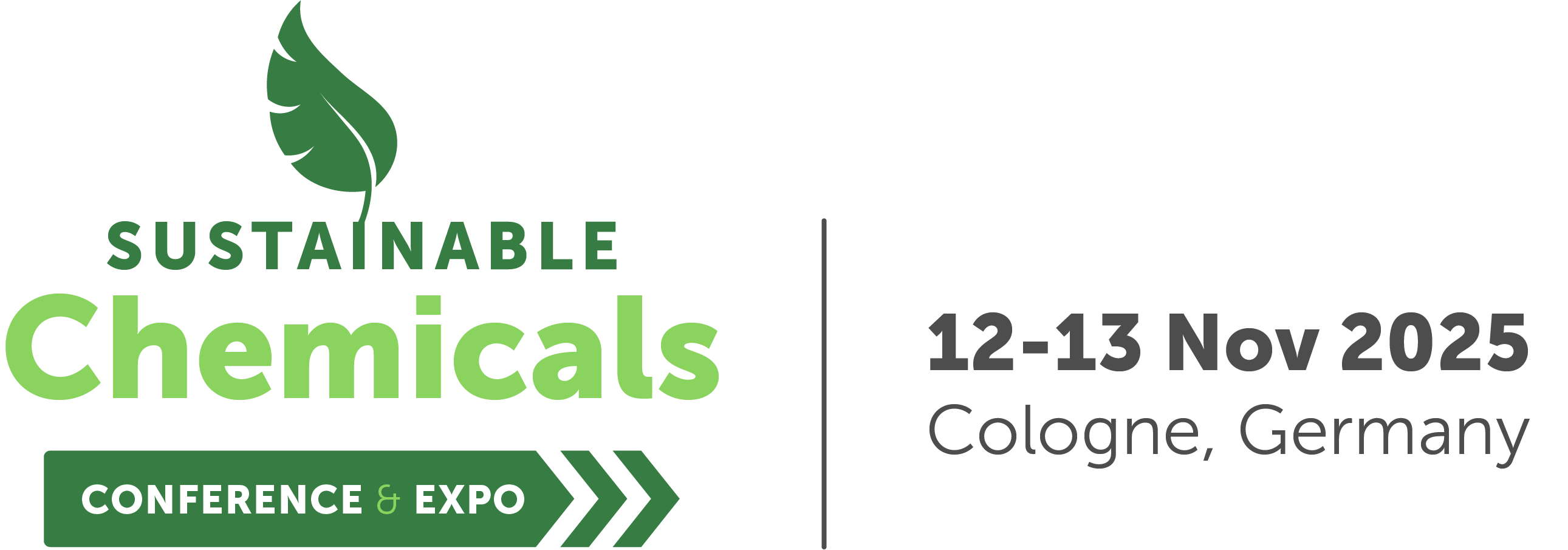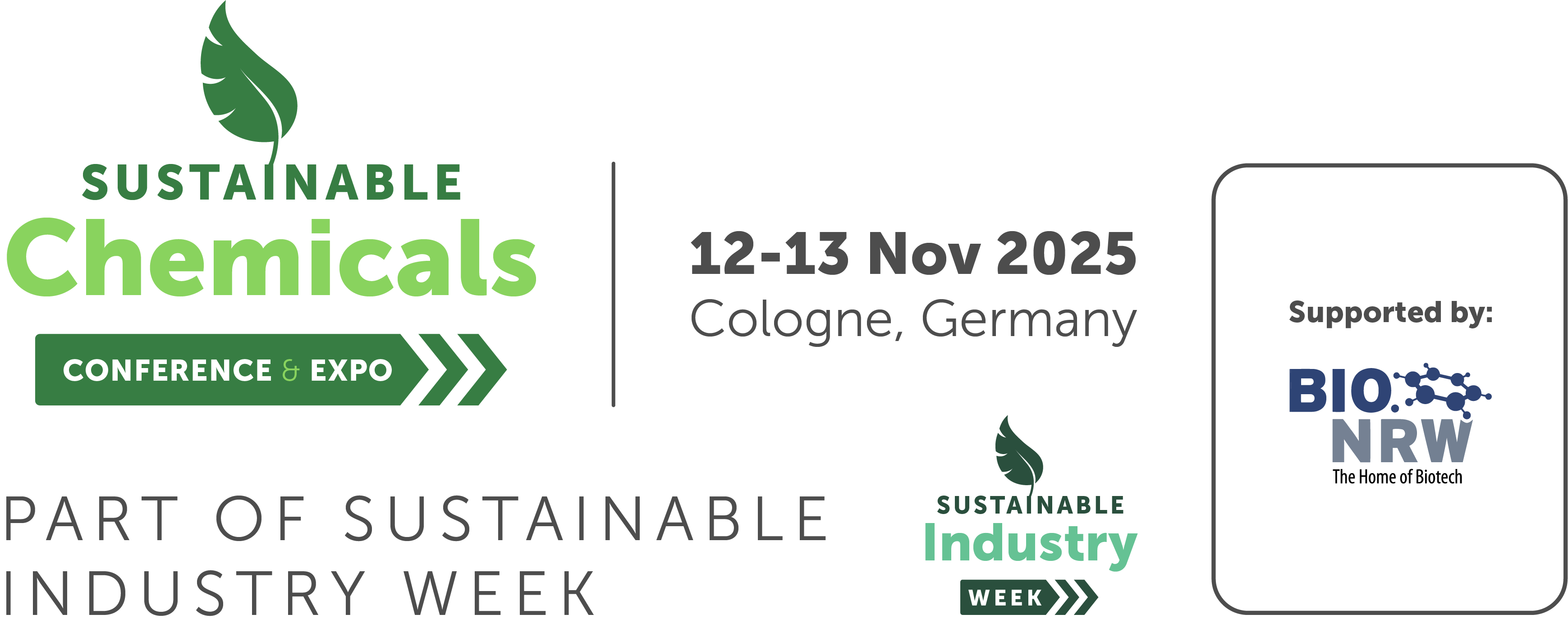Lignin: Next generation of Renewables in PP Thermoplastics High CO2 Reduction with Remaining Performance
PP is a versatile plastic material used for many applications. The main challenge is that PP is heavily reliant on fossil fuels, significantly contributing to CO2 emissions. The main path for carbon reduction has until now been recycled PP and some very small amounts of biobased materials, typically based on master balanced technologies or natural fiber reinforced materials, challenging for recyclers.
Our approach is to use lignin, a naturally occurring polymer in plants, combined with natural oils to make the two components miscible in each other. The result is a lignin-based formulation with polypropylene (PP) called Renol®. By blending this modified lignin with PP in various proportions and analyzing the resulting composite materials, the results show that lignin can maintain its characteristics while reducing the material's environmental impact and dependence on fossil fuels.
With optimal blending and processing, lignin-containing PP composites can achieve improved properties that surpass traditional PP, making them suitable for use in a variety of applications, from automotive and construction industries to packaging and consumer products.
In summary, this work indicates that lignin has great potential as a sustainable and effective component in PP, enabling a plastic material with substantially less carbon emission.








